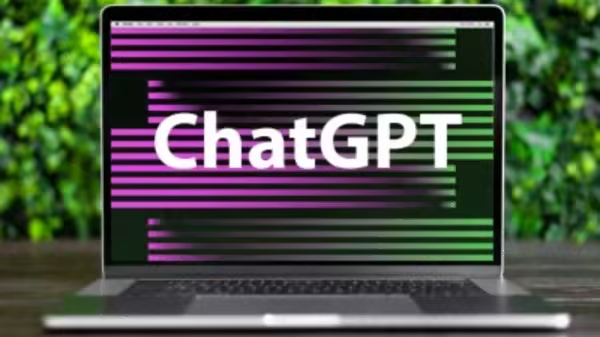
ChatGPT maker OpenAI is facing several new lawsuits from families who say the company released its GPT-4o model too early. They claim the model may have contributed to suicides and mental health problems, according to reports.
OpenAI, based in the US, launched GPT-4o in May 2024, making it the default model for all users. In August, it introduced GPT-5 as its next version.
According to TechCrunch, the model reportedly had issues with being “too agreeable” or “overly supportive,” even when users expressed harmful thoughts. The report said that four lawsuits blame ChatGPT for its alleged role in family members’ suicides, while three others claim the chatbot encouraged harmful delusions that led some people to require psychiatric treatment.
Add Zee News as a Preferred Source
According to the report, the lawsuits also claim that OpenAI rushed safety testing to beat Google’s Gemini to market.
OpenAI has yet to comment on the report. Recent legal filings allege that ChatGPT can encourage suicidal people to act on their plans and inspire dangerous delusions. “OpenAI recently released data stating that over one million people talk to ChatGPT about suicide weekly,” the report mentioned.
(Also Read: ChatGPT Go Now Free In India For One Year: OpenAI Launches Special Offer Starting November 4- Check Details)
In a recent blog post, OpenAI said it worked with more than 170 mental health experts to help ChatGPT more reliably recognize signs of distress, respond with care, and guide people toward real-world support—reducing responses that fall short of its desired behavior by 65–80 percent.
“We believe ChatGPT can provide a supportive space for people to process what they’re feeling and guide them to reach out to friends, family, or a mental health professional when appropriate,” it noted.
“Going forward, in addition to our longstanding baseline safety metrics for suicide and self-harm, we are adding emotional reliance and non-suicidal mental health emergencies to our standard set of baseline safety testing for future model releases,” OpenAI added.
(With inputs from IANS).